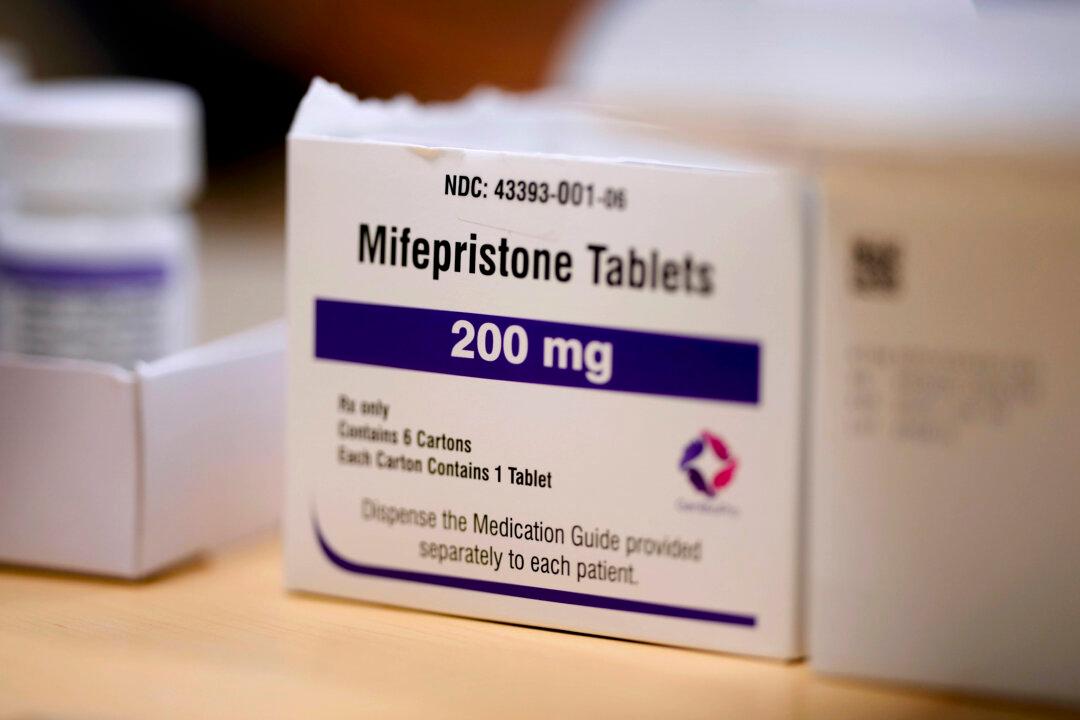A Louisiana grand jury indicted a doctor from New York on Jan. 31 for allegedly prescribing an abortion pill online to a minor in Louisiana, where abortion is almost completely illegal.
Dr. Margaret Carpenter, her company Nightingale Medical, PC, and the teen’s mother were indicted by a West Baton Rouge Parish grand jury on charges of criminal abortion by means of abortion-inducing drugs, according to multiple reports. The teenager’s name and age have not been disclosed.





